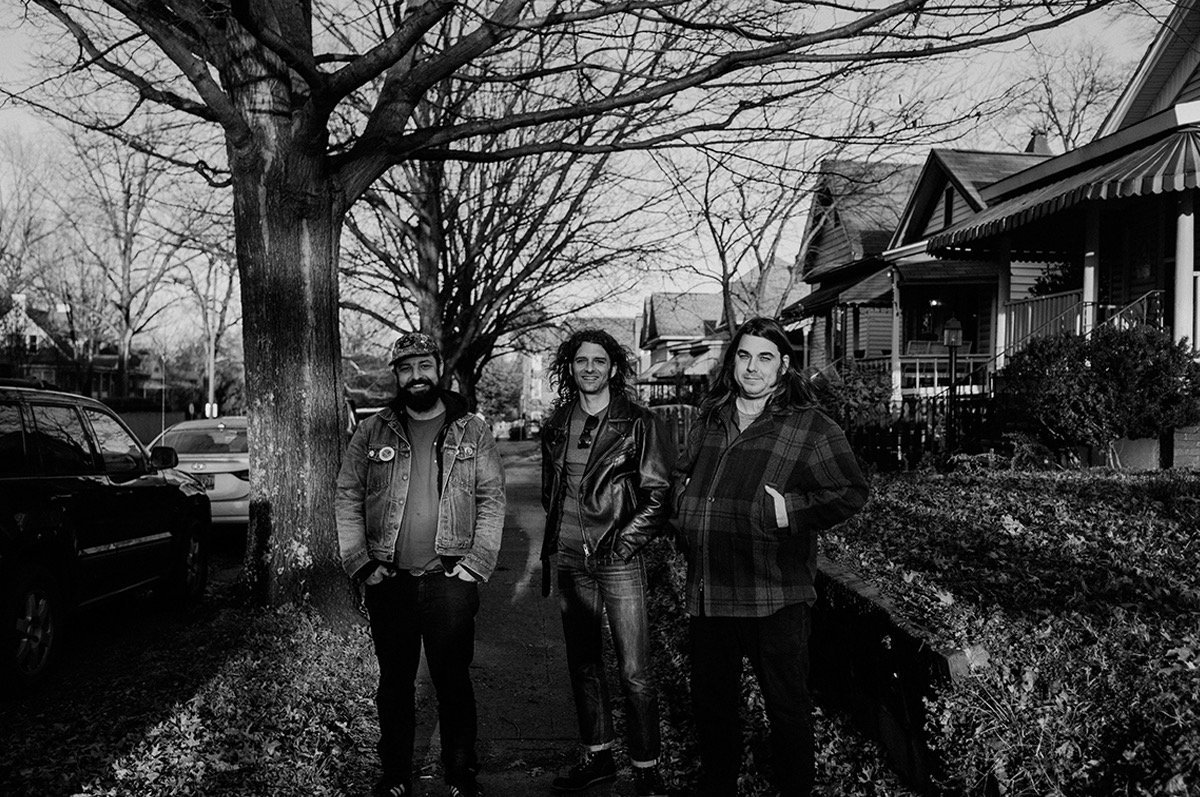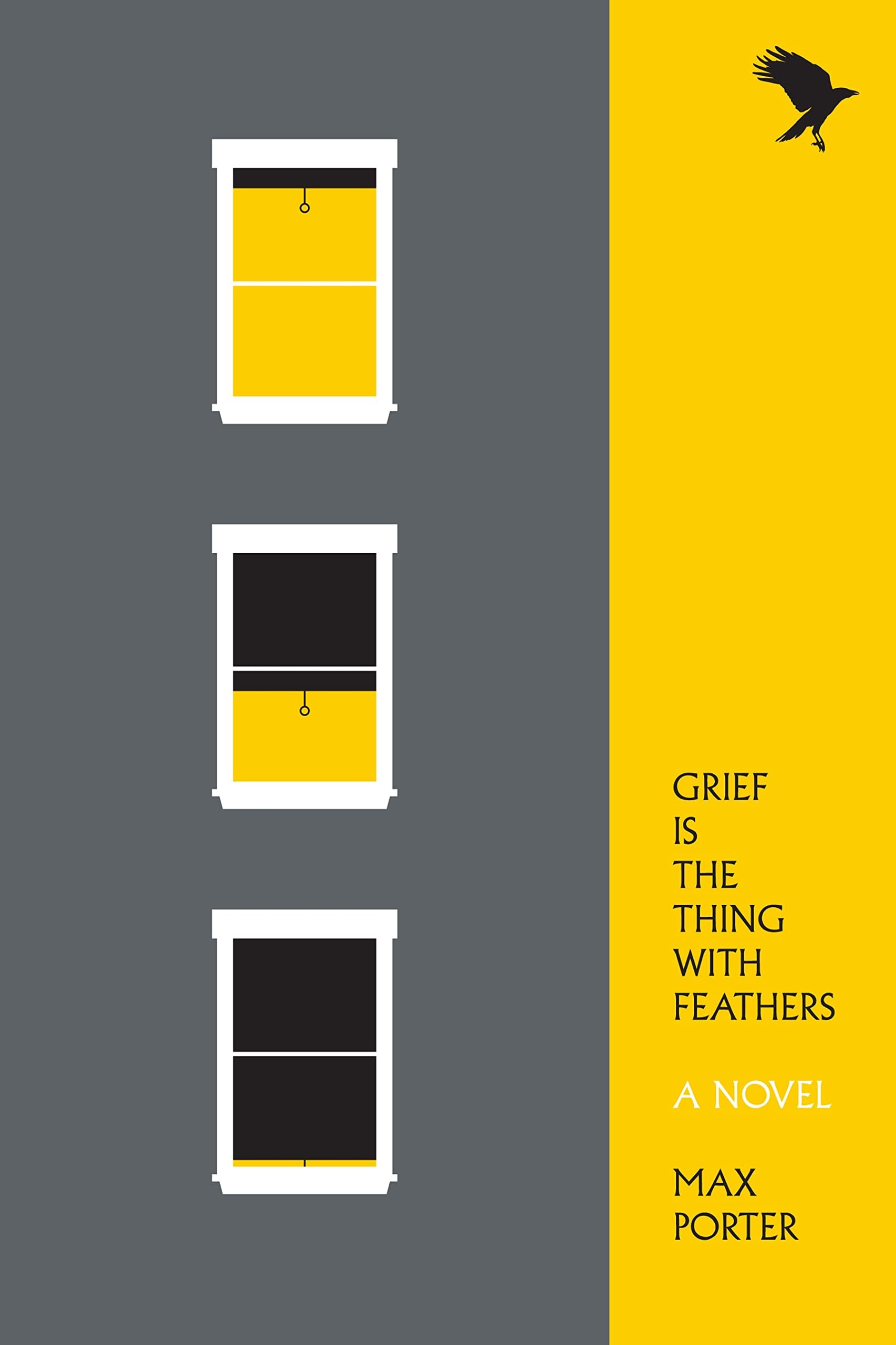1) Lee Bains and the Glory Fires, “Old-Time Folks” / About a decade ago, I began paying attention to what I’d eventually, internally come to classify as the New Southern Rock. Modern artists (most of whom began their work well before my ears tuned in), creating dynamic rock and roll that digs deep into Southern soil to excavate its skeletons as a way of casting toward a better future.
Birmingham’s Lee Bains and the Glory Fires might not be the biggest name in that class (see: Drive-By Truckers, Jason Isbell, etc.), but they rank among the best. And their latest is an epic listen, nearly an hour of music as sprawling, beautiful, hard, political and personal as the place they come from.
2) The Dead Tongues, “Dust” / Speaking of Southern-forged songs, Durham, North Carolina’s Ryan Gustafson offers one of the great roots-music albums of the year, a folk odyssey that is both tightly coiled and stretches its arms open wide to receive all manner of sound, and anyone who’ll listen.
3) Max Porter, “Grief is the Thing with Feathers” / A small novel at just more than 110 pages, yet tangled, worn and dense as, well, a bird’s nest, this 2015 work takes on grief through the eyes of a father, his young sons and the crow who comes along to try and make sense of—or beautifully complicate—their mourning. The book is as lovely as it is strange, housing lines that define and describe both heartache and resilience in needed terms.
4) Jane Zwart, “Poem Beginning with a Sentence From Augustine” for New York Quarterly / If attention is indeed a holy act, then my friend Jane Zwart is a miracle worker, sticking her foot in the doorway of time and relationship until we pay them proper mind. This poem is brief but profound, drawing our eyes to where we fit within a seemingly endless line. “Anything less than eternity is a delay. We resuscitate every ever,” she writes and so much becomes clearer.
5) Whitney Rio-Ross, “You’ve Got Mail” for Fare Forward / Whitney Rio-Ross’ look back at the Tom Hanks-Meg Ryan romantic comedy offers everything you want from a retrospective gaze. Warmth, clear-eyed analysis and an unfurling that is both personal and universal.
Rio-Ross delivers a thoughtful treatment of the dynamic between correspondence and presence—“There’s a safety and romance to their disembodied anonymity, but there’s another level of tenderness when they become familiar”—before wading into the nature of love, and offering this all-time line:
“A lasting love is days of nothings meaning something.”



